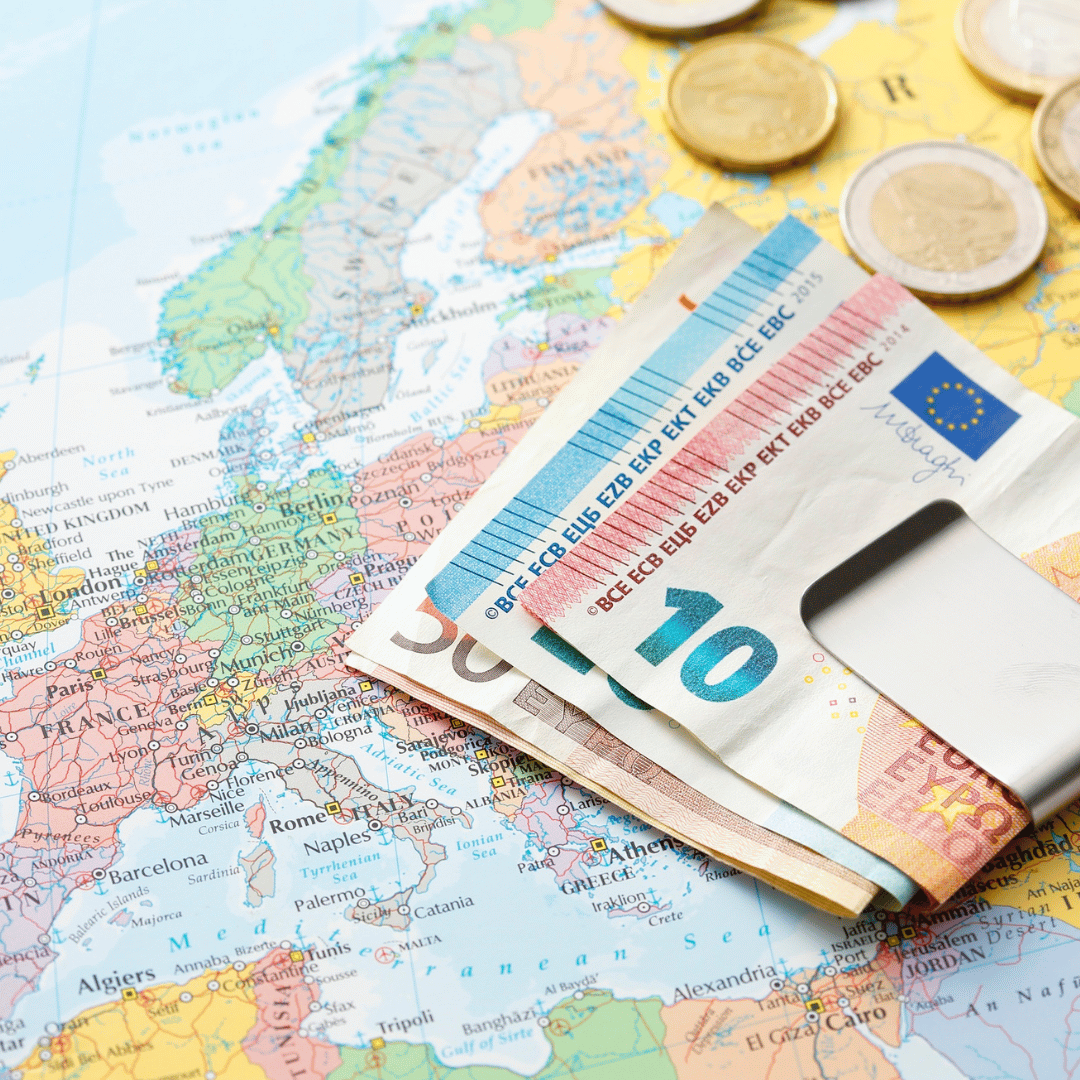BANKING


Bank Account
A German bank account is useful for everyday life and settling into Germany, as it is essential for paying rent and utilities, as well as managing other essential financial transactions that often require a German bank transfer or direct debit.
While you may be able to manage initially with an international account, you’ll likely encounter difficulties with landlords and employers, and German bank accounts are convenient for online shopping, phone plans, and other administrative tasks over time.
International students can either choose to open a bank account with a traditional bank or an online bank. Traditional banks such as Deutsche Bank, Volksbank and Sparkasse offer various types of current bank accounts, including student accounts.
Types of German bank accounts
Branch-based Banks:
These include larger banks with physical branches that offer face-to-face service.
Online-only Banks:
Also known as direct banks, these offer fully online account management and are often popular with newcomers.
Neobanks/Fintech Banks:
These mobile-first banks, like N26 and Revolut, are particularly useful for foreigners arriving in Germany and can sometimes be opened before securing a local address.
How to open an account?
Gather Documents:
You’ll need your ID or passport and proof of your German address.
Choose a Bank:
Research different options to find one that fits your needs, considering fees and services.
Complete the Application:
This can often be done online or in person at a bank branch.
Receive Your Card:
You’ll typically get an EC card (Girocard) for everyday transactions.
Blocked Account
A German blocked account is a bank account in which international students looking to study in Germany are required to transfer at least € 11,208 euros to prove they have the means to finance themselves throughout the first year of their studies while in the country. This amount will be blocked in the bank until the student’s arrival in Germany. The student would be allowed to withdraw € 934 on a monthly basis to cover living expenses in the country.
Why do I need a blocked account to study in Germany?
As per the German VISA regulations, if you are applying or planning to
apply for a German visa as student / job-seeker, every applicant who is not
an EU citizen is required to provide proof of funds for their stay in Germany.
This account is necessary to demonstrate financial self-sufficiency
to the German authorities.
The money on the account is „blocked,“ meaning you can’t access the full amount at once but receive a fixed monthly payment once you arrive in Germany to use for rent, food, and other costs.

Currency
The euro is the official currency of 20 European Union countries which collectively make up the “euro area”, also known as the eurozone. Some EU countries have yet to meet the criteria required to join the euro area while Denmark and Switzerland have opted not to participate. Within the euro area, the euro is the only legal tender.
This EU-Currency is the second-largest reserve currency as well as the second-most traded currency in the world after the United States dollar. As of July 2023, there were about 29.624 billion banknotes in circulation around the eurozone alone. The euro has one of the highest combined values of banknotes and coins in circulation in the world.
Like the US dollar, a euro is divided into 100 cents, which may be abbreviated as “c”. There are seven different bills and eight different coins in use.
The coins are: 1, 2, 5, 10, 20 and 50 cents; and one and two euro pieces.
The bills are available in denominations of 5, 10, 20, 50, 100, 200 and 500 euros.
Each denomination has its own color.


